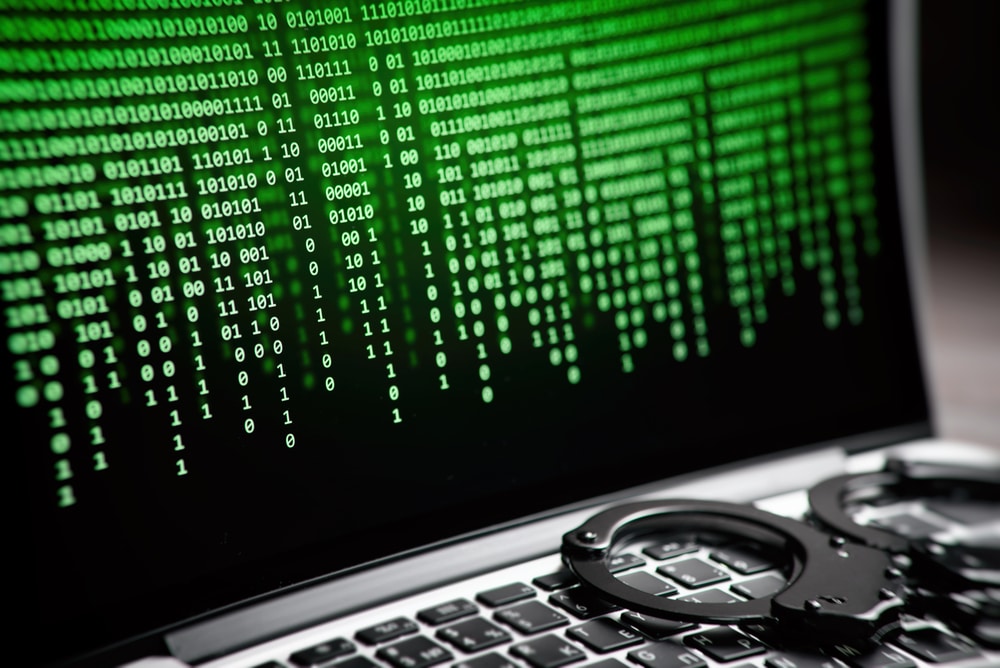In the span of less than 5 decades, computers have utterly transformed our society. Those of the baby boomer generation will be able to appreciate the scale of this transformation perhaps better than anyone else.
Prior to the computer revolution, computers were huge, cumbersome devices which only a select few individuals and institutions in society could access. Fast forward to today, and now we have computers which can literally fit inside our pocket! Virtually every facet of our lives has been impacted by the rise of computer technology: business, personal relationships, travel, gaming, and so forth. The world of business has been especially affected: now, with advances in computer technology, businesses can transact more quickly and efficiently, and this has translated into huge gains for many firms around the country. The rise of computers has brought about a whole new class of crimes, as well, as this new technology has opened up possibilities for novel types of criminal misconduct. Accordingly, the State of Maine has developed new laws to ensure that these new crimes don’t go unpunished.
In this post, we will dig into Maine’s statutory system on computer crimes. Maine’s computer crime laws can be found under Title 17-A, Chapter 18, §431 through §437.
In this post, we will discuss the ins and outs of this important chapter, and then follow up with a brief discussion on Maine’s “cyberbullying” law, which isn’t included in this same chapter. As we will see, the State of Maine takes computer crimes seriously; this is because Maine’s lawmakers understand the potential consequences of these sorts of crimes.
Call 207-571-8146 or contact us online to schedule a consult with one of our highly skilled criminal defense & OUI lawyers, serving Southern Maine, today.
Table of Contents
Key Definitions in Maine’s Law on Computer Crimes
Like many other chapters in Maine’s criminal law system, the chapter on computer crimes begins with a section specifically devoted to definitions. In many cases, certain terms may be a bit unclear, or those terms may have other definitions in a separate context; these definitions therefore bring about a certain level of coherence. Maine law provides definitions for the following terms: “access,” “computer,” “computer information,” “computer network,” “computer program,” “computer software,” “computer system,” “computer resource,” and “computer virus.”
As an example, the term “computer resource” (which is used in other sections) is meant to include any computer program, software, computer system, computer information, computer network, and any combination of these things. Hence, this term has a specific definition within the context of this section, and so anyone studying this section needs to be aware of this fact.
This may seem elementary, but it is simply a necessary part of the criminal code. For instance, let’s look at the official definition of “computer” under this section: this section defines a computer as any device (i.e. electronic, magnetic, optical, high-speed processing, or electrochemical) which performs logical, arithmetic, or storage functions, and includes secondary storages devices or communications facilities which are related or assistive to the device. Right away, we can see that this definition wouldn’t include an antique typewriter, or a television set. Again, this may seem unnecessary, but it is something which must be nailed down by the section.
First Crime: Criminal Invasion of Computer Privacy
The first crime addressed under this section is the crime of “criminal invasion of computer privacy.” Maine defines this crime as follows: whenever a person intentionally accesses computer resources which he or she isn’t authorized to access, that person is guilty of the crime of criminal invasion of computer privacy. Historically, the colloquial term for this type of crime has been “hacking,” and the people who commit this crime have been known as “hackers.”
Importantly, this initial crime is only intended to cover the act of accessing computer resources, it doesn’t extend to behavior which goes beyond this point. So, in other words, if a person merely accesses computer resources without authorization, then the crime of criminal invasion of computer privacy has been committed; there needn’t be any additional behavior to sustain this charge, such as theft. This is a critical point which readers need to firmly understand.
Call 207-571-8146 or contact us online to schedule a consult with one of our highly skilled criminal defense & OUI lawyers, serving Southern Maine, today.
Second Crime: Aggravated Criminal Invasion of Computer Privacy
The second crime referenced in this chapter is called “aggravated criminal invasion of computer privacy.” Basically, this crime occurs whenever a person goes beyond merely accessing computer resources and takes a step further.
Maine law identifies three specific ways in which this crime can manifest:
- the person intentionally makes a copy of computer resources (i.e. files, documents, etc.) to which that person didn’t have authorized access,
- the person knowingly or intentionally damages computer resources without authorization or the reasonable belief that such authorization exists, and
- the person knowingly or intentionally introduces a virus to a computer resource without having authorization (or the reasonable belief of authorization).
Again, we can see that this crime simply represents the act of taking the first crime a bit further. When a hacker actually uploads a virus to another computer, or intentionally wrecks certain files, or copies unauthorized files, these things will push the crime into more serious territory. Accordingly, the punishments for this crime are harsher.
Rules Regarding Destruction of Computer Data
Computer crimes are unique for a variety of reasons, and one of these reasons has to do with the survival of evidence. When a computer crime is committed – say, for argument’s sake, illegally accessing and then copying data to the hacker’s own computer – Maine has created laws to deal with the handling of computer-based evidence after the crime has been processed by the court. So, §436 – “Permanent destruction of computer data on a computer used in the commission of a crime” – deals specifically with this issue. Essentially, this section gives the State of Maine the express authority to actually destroy computer data on a computer used in a crime, but only if certain conditions are met. The first condition is that the underlying crime itself must be fully resolved in the court system; this includes the exhaustion of all appeals. The second condition is that the computer itself must’ve been used in the commission of a crime, or facilitated the commission of a crime. Importantly, the State of Maine has this power even if the person charged with the crime is found not criminally responsible.
We should also point out that, although this section gives certain power to the State of Maine, persons can still make specific requests to obtain computer data before the state executes its power to destroy. However, there are additional rules which govern such requests, and these rules are contained in subsection 2 of this section.
Call 207-571-8146 or contact us online to schedule a consult with one of our highly skilled criminal defense & OUI lawyers, serving Southern Maine, today.
Rules Regarding Permissible Destruction / Transfer of Ownership
Building on §436, the next section (§437 – “Permissible destruction or transfer of ownership to the State of a computer used in the commission of a crime”) deals with the rules on the destruction or transfer of ownership of computers, as opposed to computer data, when those computers are used in the commission of a crime. As with the previous section, the State only gains the authority to destroy or transfer ownership when the underlying proceedings have been completely resolved. Hence, if the person charged with the crime still has an appeal period remaining, then the state doesn’t yet have the authority to destroy or transfer ownership of the computer. Furthermore, also like the previous section, §437 spells out the conditions under which a person charged with a computer crime may take possession of the computer (outlined in subsection 2 (A)-(C)).
Call 207-571-8146 or contact us online to schedule a consult with one of our highly skilled criminal defense & OUI lawyers, serving Southern Maine, today.
Classification & Possible Punishments
The first crime (“criminal invasion of computer privacy”) is considered a Class D crime in Maine law; this makes sense, given the fact that this is a non-violent offense. The second crime (“aggravated criminal invasion of computer privacy”) is a Class C crime and is treated significantly more harshly as it is a felony. Class D crimes can still receive relatively severe punishments: these crimes can result in a jail sentence of up to 1 year and a financial penalty of up to $2,000. For Class C felony crimes, the possible punishments are a maximum prison sentence of 5 years and a maximum fine of $5,000. For non-violent crimes, these offenses still carry fairly severe repercussions, including being labeled as a felon for life.
Cyberbullying in the State of Maine: Title 20-A
Although this may not ordinarily be conceived as a “computer crime,” the State of Maine also specifically prohibits cyberbullying in its criminal law. In Maine criminal law, cyberbullying refers to bullying which occurs in a school context, and so Maine’s cyberbullying law is found in Title 20-A (“Education”). Under subsection 2 (C) (“Cyberbullying”), Maine gives a concise treatment of this crime: cyberbullying involves bullying through the use of technology or any electronic communication. This means that, when someone bullies another person by sending harassing messages via a computer chat line, this would be considered a form of cyberbullying. Or, if someone bullies another person by posting harassing messages on social media, this might also fall under the crime of cyberbullying.
Maine’s law on cyberbullying is intended to be expansive, and so many different types of behavior are considered criminal under this law. This means that cyberbullying can involve the use of computers, cell phones, landline telephones, other text messaging devices, and so forth. Basically, any form of electronic harassment will generally fall into this category.
Contact the Maine Criminal Defense Group for More information
And there you have it: this is the basic legal framework on computer crimes here in the State of Maine. Although this framework itself may be somewhat simple, dealing with computer crimes in reality is typically not simple at all. Part of the reason for this is because these crimes can be quite sophisticated; hackers are constantly learning new techniques to illegally access data, and so the law sees new things in this area on a regular basis. Prosecutors are frequently dealing with new viruses, new ways to damage data, and new evasion methods. But, even though the crimes themselves may be getting more complex, the principles remain relatively straightforward.
If you’ve been struck with a computer-based criminal charge, including a charge of cyberbullying, we encourage you to reach out to us today for assistance. Facing a charge of this magnitude alone is generally not recommended due to the complexities of the criminal justice system in Maine. If you would like more information, contact the Maine Criminal Defense Group today by calling 207-571-8146.
Call 207-571-8146 or contact us online to schedule a consult with one of our highly skilled criminal defense & OUI lawyers, serving Southern Maine, today.
Blog Posts

If you receive a traffic ticket in Maine, you may be facing far more than demerit points or an administrative penalty. You could be facing criminal sanctions and a permanent[...]
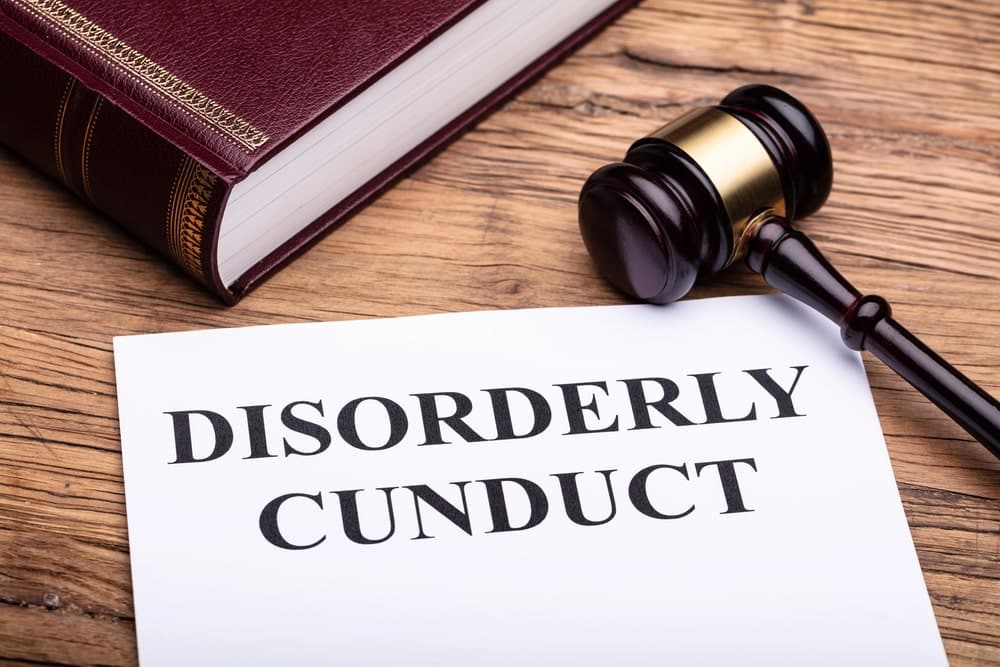
In Maine, disorderly conduct laws effectively make disturbing the peace a criminal offense. While disorderly conduct is considered one of the least serious offenses under Maine’s Criminal Statutes, it can[...]

Any criminal charge for a drug-related offense is a serious matter in Maine,but how consequential the outcomes can get may depend on whether the charge is filed at the state[...]


Self-defense laws in the U.S. are complex, vary from state to state, and are often misunderstood. “Stand your ground” laws allow an individual to use deadly force in self-defense in[...]
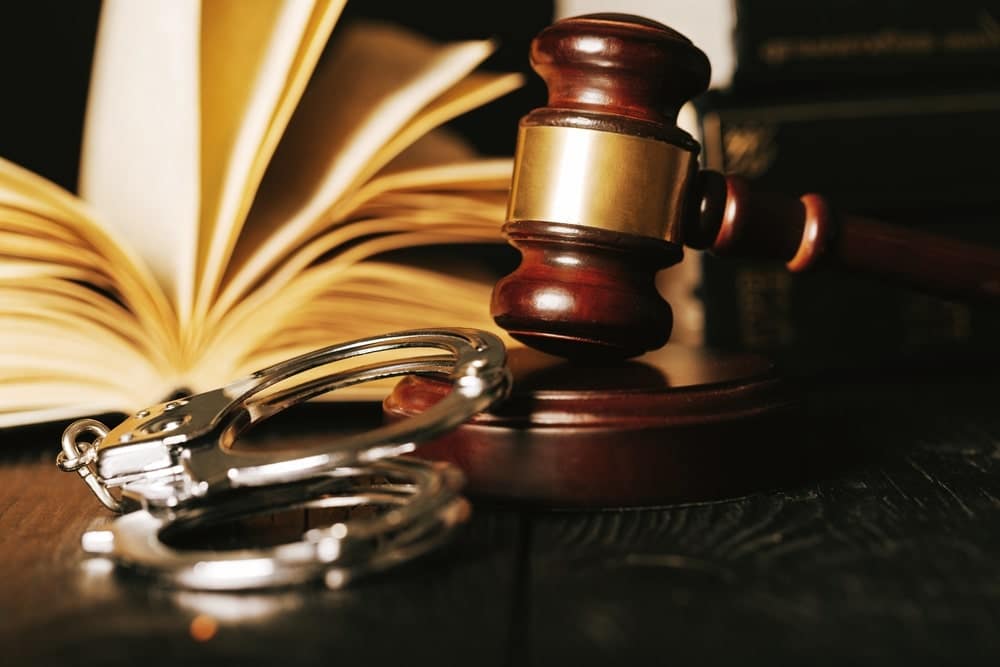
Every day in Maine, people are charged with crimes that they did and did not do. Fortunately, in the U.S., we have a justice system that says you’re innocent until[...]
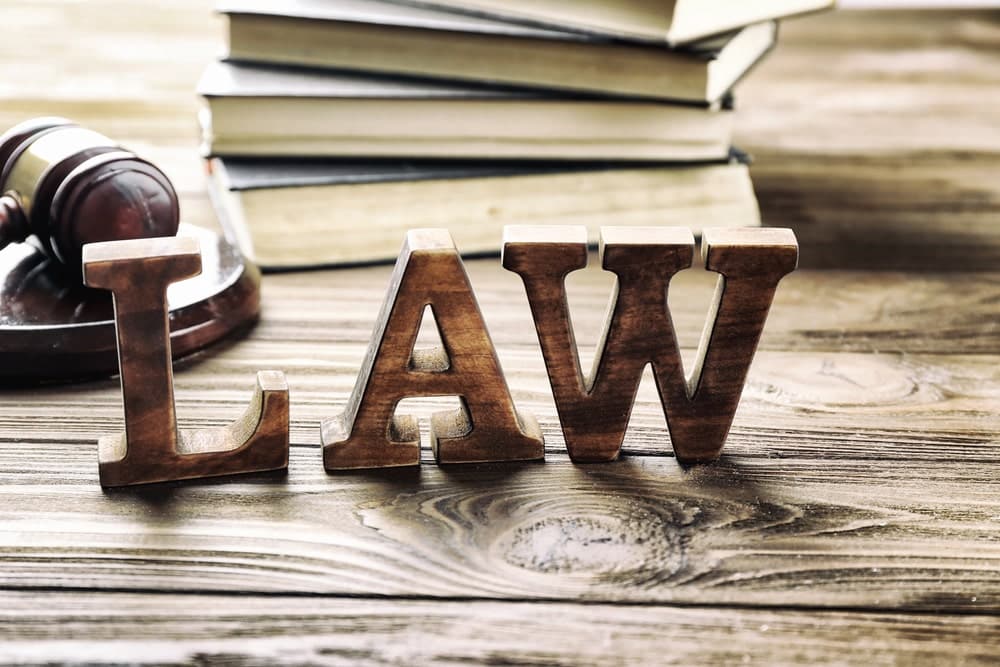
Expungement is the practice of legally erasing or striking out documents or information relevant to criminal charges. It’s not possible to expunge a criminal record in Maine. However, other avenues[...]

If you have been arrested or are under investigation for a crime in Maine, it is crucial to retain the services of a competent and experienced criminal lawyer. A criminal[...]
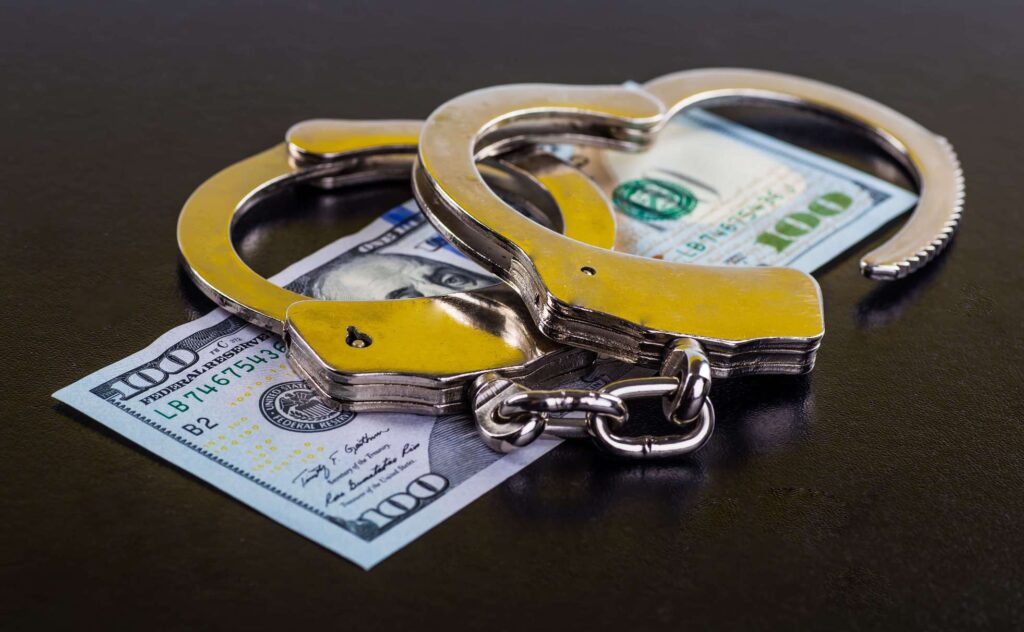
Bail Code in Maine Title 15, Chapter 105 of the Maine Revised Statutes governs all issues pertaining to bail in Maine. When a defendant has been arrested and charged with[...]

Financial crimes can be among the most destructive to individual victims and to society as a whole. These crimes can also be among the most difficult to punish, because these[...]
